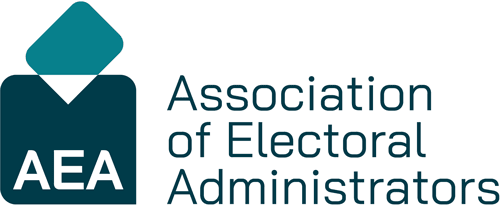Comment on Electoral Commission report on the May 2023 local elections in England
We agree with many of the recommendations in the Electoral Commission’s new report into the 2023 May local elections in England; particularly that delivery risks must be carefully managed for future change.
It is good to see most people remain confident elections are well run and are satisfied with registration and voting processes. This absolutely reflects the “exceptional efforts and commitment” of Returning Officers, Electoral Registration Officers, and electoral administrators.
But the report also rightly warns of risks ahead.
We support the call to UK Government to carefully consider whether sufficient time and resources are available to implement remaining Elections Act 2022 changes in the current timetable. With scheduled May 2024 local elections across England and Wales, and a general election due by January 2025, we agree that time and capacity are tight, and resilience is uncertain.
As echoed in our own post polls report, we also call for:
- the list of acceptable forms of voter ID to be reviewed
- a focus on improving polling station voter ID forms to support better data collection
- central digital systems to be fully functional and updated in good time ahead of scheduled polls
On continuing to collect voter ID data, we agree this should be in place for the 2 May 2024 scheduled elections in England and Wales, and for Parliamentary by-elections in 2023 and 2024. This will allow both voters and polling station staff to become more familiar with the process.
We welcome a focus on further developing voter information resources for disabled voters, which can often be more sustainable when developed nationally and made available to be supported and adapted locally.
When it comes to Voter Authority Certificates and the suggestion to extend the application deadline closer to polling day, we have capacity and supplier concerns -particularly for a high turnout snap UK Parliamentary general election.
We would also be worried that introducing attestation for electors without voter ID in polling stations would make polling station staff’s roles even more complex.
AEA Chief Executive Peter Stanyon said: “As we have previously warned, stacking significant changes on endemic issues is increasing risk for all elections, but especially a high turnout general election.
“However, it mustn’t be overlooked that local elections and referendums are held every week and are also affected by incoming changes. Since the 4 May elections, over 120 polls have been held in England – including four UK Parliamentary by-elections – incorporating voter ID and other Elections Act regulations. Electoral change doesn’t happen in a vacuum, and ongoing impacts must be acknowledged.
“As always, we will continue to support collaborative working across the electoral community, and with the Commission and UK Government, to test incoming change, mitigate unintended consequences and help our members continue to deliver secure and trusted elections.”
